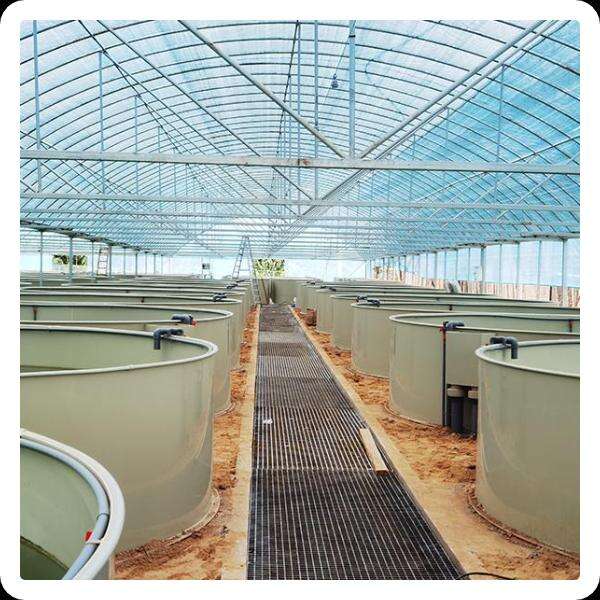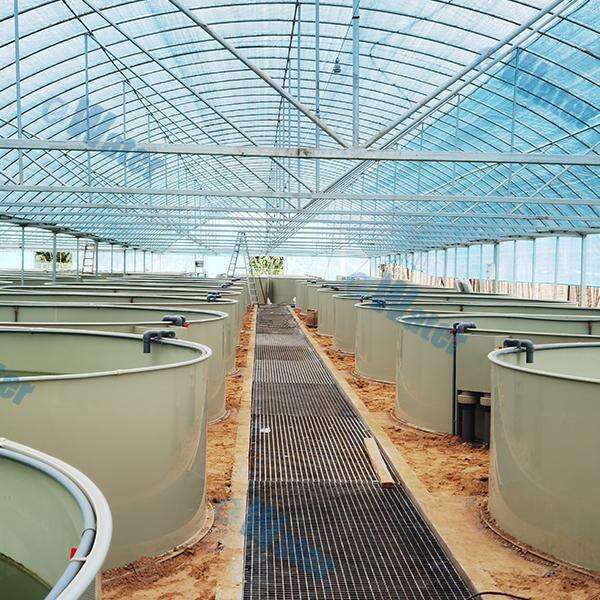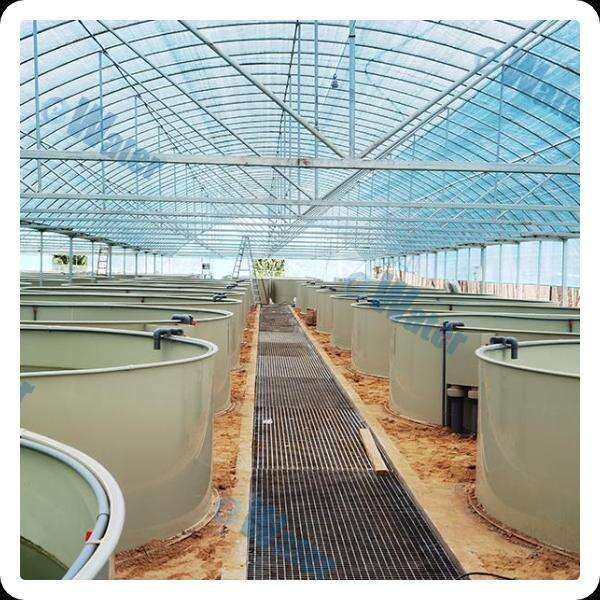RAS technology is an American way of saying that instead of regularly changing the water in the fish tanks, the system cleans the water and recycles it to use it over and over. This is significant because it helps to save water, enabling us to farm fish in a sustainable manner.
One major advantage of recirculating aquaculture systems (RAS) in fish farming is that they allow farmers to control the environment in which the fish live. It means the fish can grow up healthy and strong in the very best environment.
The other advantage is that almost anywhere can be RAS-enabled. That means farmers are able to rear fish in locations that would be difficult to utilize the old-style methods of farming fish. It will also help meet a growing global demand for seafood.
An ideal RAS consists of many parts that achieve a balanced system for fish production. These parts are tanks for the fish, filters to clean the water, pumps to circulate the water and systems to monitor the water quality.

RAS systems are more environmentally friendly than traditional fish farming practices. One major advantage of RAS is that overall water consumption is reduced through recycling, rather than being continuously added and exchanged.

Compared to traditional systems, RAS systems also produce less waste and buttress nature and the surrounding ecosystems by reducing pollution. RAS is a sustainable seafood option; fish farmers that use RAS can reduce their environmental impact, just like farming holistically does.

A functioning RAS necessitates cleanliness of the water. And because fish don't go to 'Fish-R-Us,' it is imperative to monitor things like pH, oxygen and ammonia levels to help maintain a healthy water environment for these guys.
Our professional sales team are waiting for your consultation.